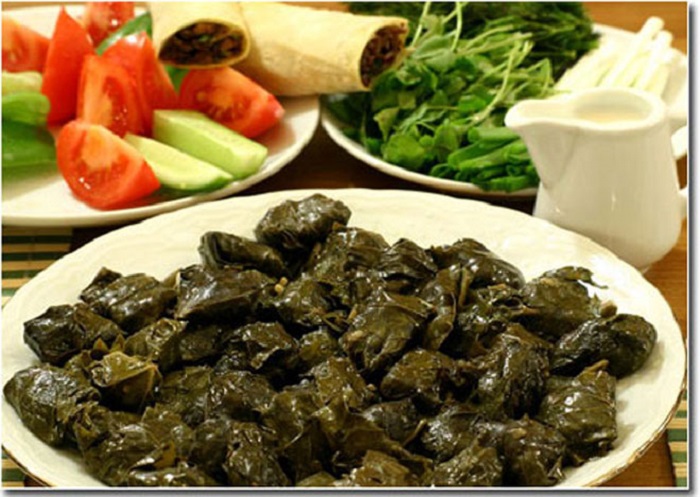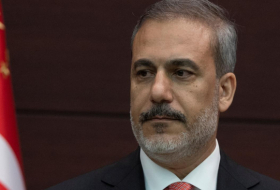The decision was made at the 12th session of the Intergovernmental Committee for the Safeguarding of Intangible Cultural Heritage taking place at the island's International Convention Center from Dec. 4-9.
Dolma tradition is a set of knowledge and skills relating to the preparation of the traditional meal ‘dolma’, which takes the form of small fillings (containing meat, onion, rice, peas and spices) wrapped in fresh or pre-cooked leaves or stuffed in fruits and vegetables.
The name of the tradition originates from the shortened Turkish word ‘doldurma’, meaning ‘stuffed’. The meal is shared within families or local communities, with different methods, techniques and ingredients used to prepare the traditional meal by different communities. The tradition is present throughout Azerbaijan, and is perceived as a central culinary practice in all regions. It is enjoyed on special occasions and gatherings and expresses solidarity, respect and hospitality. It is transmitted from generation to generation and transcends ethnic and religious boundaries within the country. Bearers consist of traditional cooking practitioners, mostly women, and the wider community of people that use dolma for various cultural and social purposes. The tradition is transmitted through parent-child relationships, while formal transmission mainly occurs in vocational and apprenticeship schools.
The element enjoys great visibility within Azerbaijani society, and its viability is ensured by the communities through numerous awareness-raising activities and events such as festivals, vocational schools that teach the tradition and the preparation of publications on the subject, UNESCO reports.
More about: #UNESCO
















































